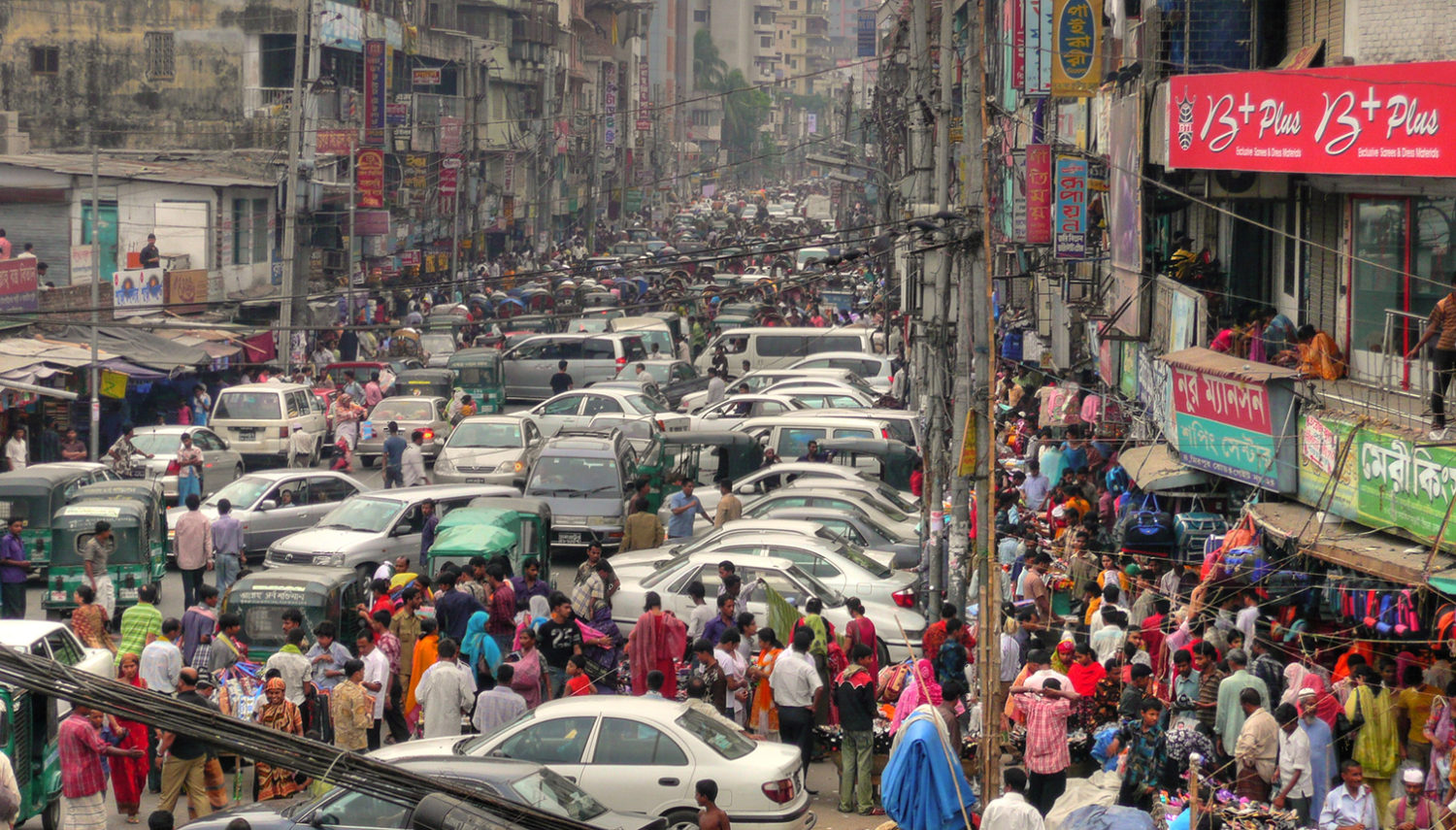Prosperity and progress
Domestically and internationally, we need to lead the way on inclusive growth, argues Seema Malhotra.
There is a growing realisation that the economic development paradigm we have been so accustomed to for the past few decades has disconnected wealth creation from social justice and this has delivered inequality alongside growth. Now, as policymakers grapple with huge challenges ahead, debate about how the international community better delivers inclusive growth is becoming increasingly mainstream. And it is a debate we need to lead from the centre-left.
Discontent around low growth and inequality in Britain was highlighted by the Brexit vote which, in its own stark way, crystallised the voice of the disenfranchised and the ‘left behind’. The paradox however, as Yvette Cooper recently highlighted, is that people voted to come out of Europe, but not to lose out. But it isn’t just in the UK that economic growth has left middle and lower incomes behind, with mistargeted austerity policies making the situation much worse. Worldwide, in response to global and domestic policy failures, we see nationalist movements gaining ground. Alongside them are alternative political voices from the radical left which people are turning to in hope of change and which are starting to shift the political centre of gravity.
The conference of the OECD global parliamentary network in Westminster back in April brought together 55 parliamentarians from across the world on the topic of inclusive growth. The conference highlighted how urban migration, demand on public services, traffic congestion, poor air quality, low incomes, housing costs, waste production and issues of community cohesion and loneliness are all shared challenges. One response has been the development of ‘smart cities’ that integrate technology and communication services into the operation of the city’s infrastructure to enhance the efficiency of both public and private services.
The policy implications of smart cities are wide and would encompass almost all Whitehall departments on big data policy, privacy and ethics. It is also evident that 5G communications networks will be critical to supporting smart cities. This application of new technologies and how we govern in this space is an area where our politics and parliament need to catch up. Nonetheless, harnessing the power of big data and the internet of things is revolutionising the way cities are run – from public transport, to the water supply, to citizen participation – and is part of the new digital race that will increasingly define success and competitive advantage.
Smart cities are part of today’s story of progress, but it is politicians who need to drive a vision of society that can deliver inclusion rather than greater inequality, and they must be measured on their achieve-ment in doing so. The idea that progress will be led solely by the market is therefore misleading; all the evidence points to the need for political and civic vision and leadership as enablers for new investment, entrepreneurship and shared prosperity.
In May, with Liam Byrne MP, the chair of the all-party parliamentary group on inclusive growth, I spoke at the OECD global forum in Paris which ran alongside the OECD ministerial council meeting. One key message at the event was that both developed and emerging economies are experiencing are strikingly similar social and economic challenges. Worldwide, countries are reaching similar crisis points whether in relation to jobs, public services, housing, migration or social integration – and tackling them requires a multilateral response.
There have been widening income disparities over the last three decades in most OECD countries, highlighting the need to measure beyond the ‘average’ individual or household when gauging the success of pro-growth policies. But OECD research shows that even in developed countries, redistribution schemes cannot be the only response to the rising poverty rates in certain segments of the population.
The OECD concludes that policies aimed at addressing the rising inequality of opportunities worldwide will fail unless they ensure more equal access to high-quality education, health care and infrastructure – all of which remain unevenly spread among social groups and across regions and places within many countries.
Economic growth cannot just be seen any more as an end in itself. Domestically and internationally, we need a firmer focus on wellbeing and policies that can create opportunities for all segments of the population and distribute the benefits of growth more fairly across society.
But with multilateral institutions themselves in some crisis, how we reinvent and reimagine intergovernmental politics working for a new age, with new economic and security challenges, has to be part of the national conversation. In the context of a growing population, climate change and resource scarcity, politics needs to reinvent itself to put us on a different trajectory to prosperity and progress, a healthier environment and human flourishing. Labour must grasp the opportunities and lead the way.

